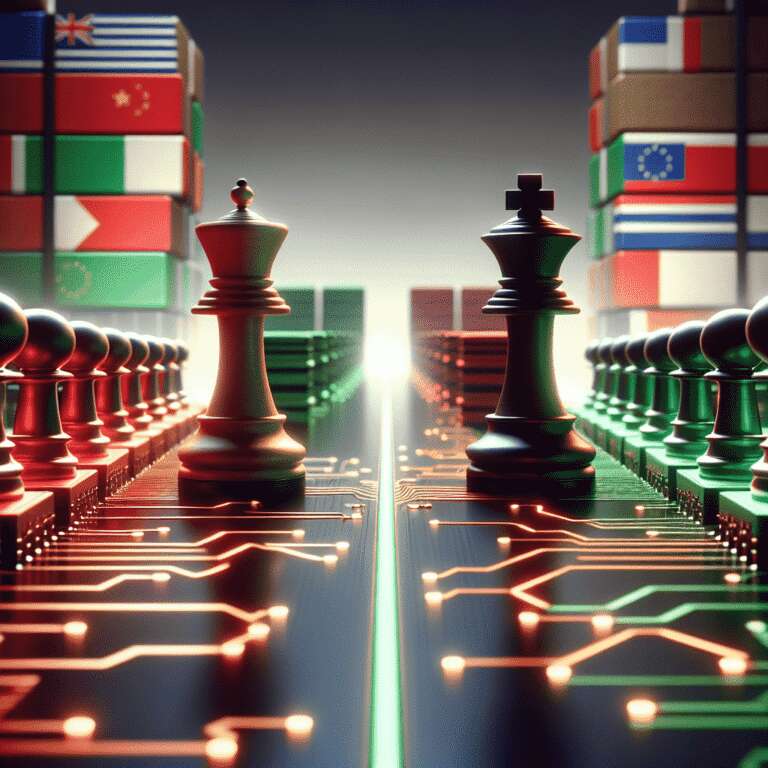With mounting US export controls limiting China’s access to high-performance chips crucial for advanced Artificial Intelligence development, Huawei has announced the Ascend 910D, a processor designed to rival Nvidia’s H100 GPU. The new chip is part of the company’s strategic response to barriers on procuring leading-edge semiconductors, which are essential for training state-of-the-art Artificial Intelligence models. Huawei’s efforts underscore China’s urgent push for technological autonomy as the government makes semiconductor self-sufficiency a national priority.
The Ascend 910D comes on the heels of planned mass shipments of the previous-generation 910C chip, which supports model training, inference for cloud and data centers, and can be integrated into scalable Artificial Intelligence supercomputing clusters. Key to Huawei’s approach is a multi-generation chip development strategy, allowing it to address a range of computing requirements across the domestic market. Despite years of attempts, Huawei and other Chinese chipmakers have historically lagged behind Nvidia, especially in delivering the specialized, high-throughput processing needed for cutting-edge machine learning. US authorities have intensified constraints, banning not only Nvidia’s H100 but newer B200 chips from export to China, which has hampered Chinese firms’ ability to build large language models and advanced systems.
Huawei’s biggest technical challenge, however, may lie beyond hardware. While Nvidia’s CUDA software platform enjoys near-universal adoption among Artificial Intelligence researchers and developers worldwide, Huawei’s competing Compute Architecture for Neural Networks (CANN) lacks a comparably mature ecosystem. This software gap could slow adoption, particularly outside China. Nonetheless, developing a competitive Artificial Intelligence chip positions Huawei to diversify its business following US sanctions that crippled its consumer electronics division. The debut of the Ascend 910D signals China’s technological resilience and marks a significant milestone in its ongoing quest for supply chain security and innovation in Artificial Intelligence hardware.

